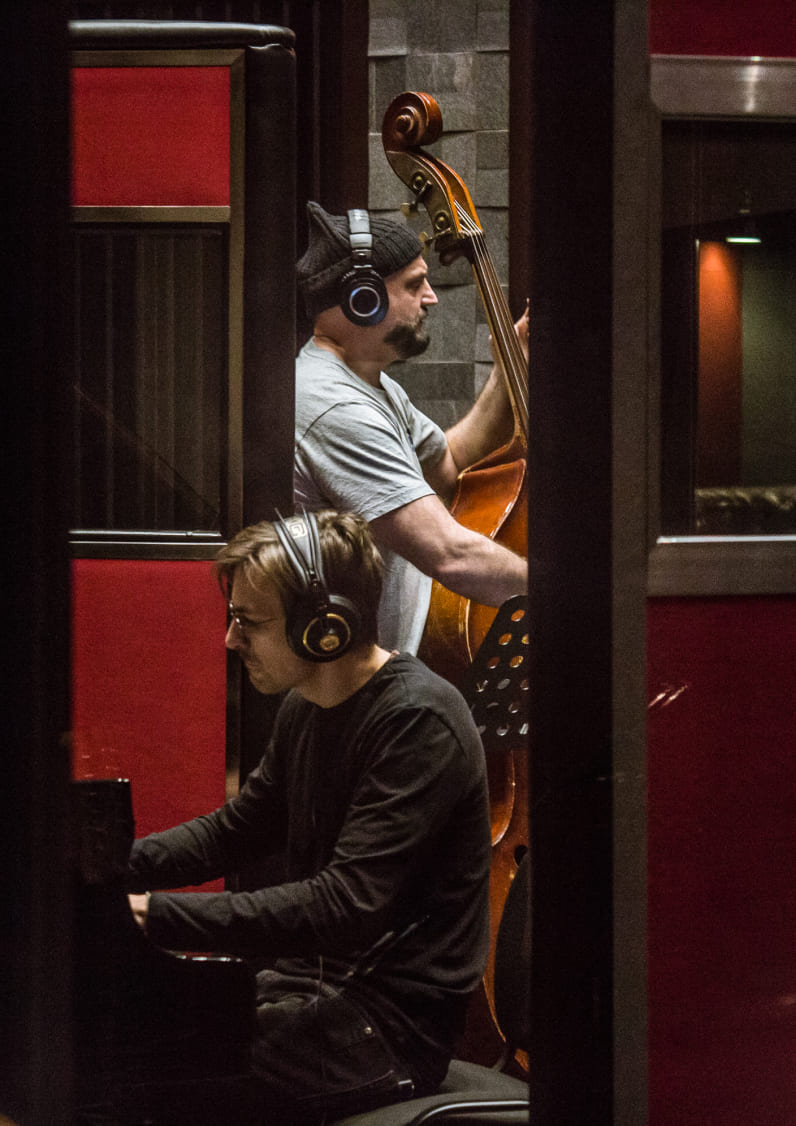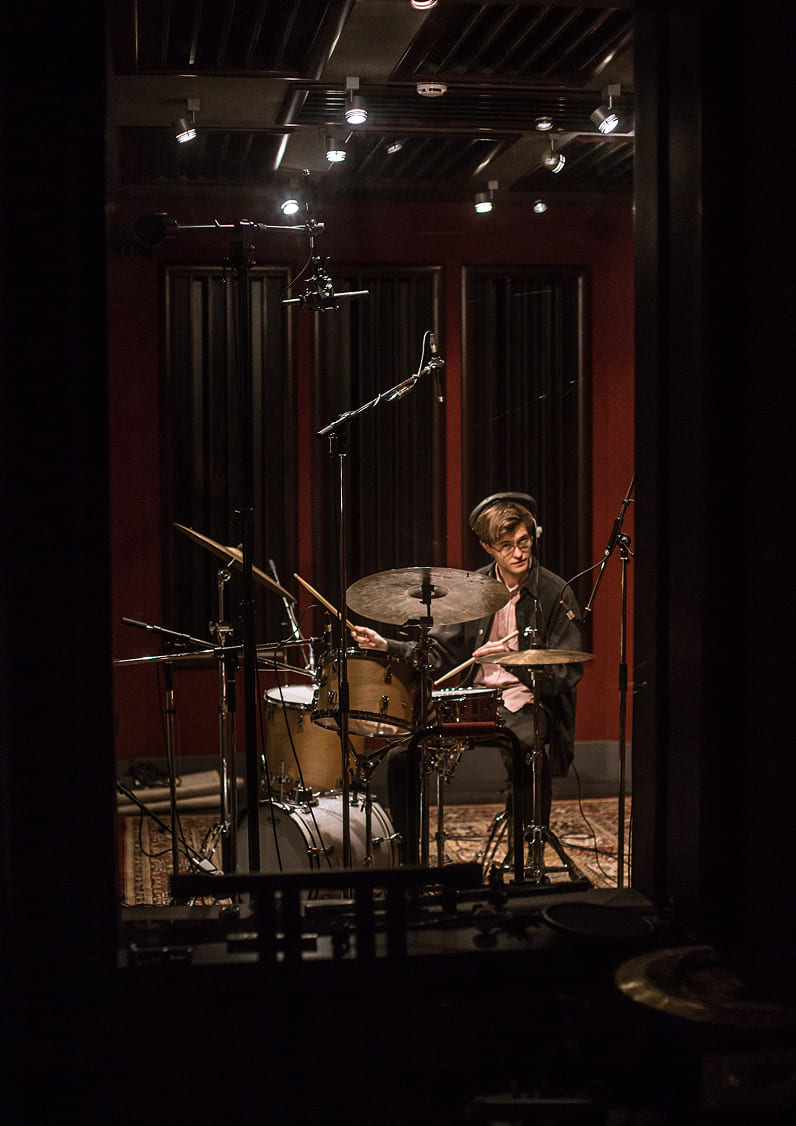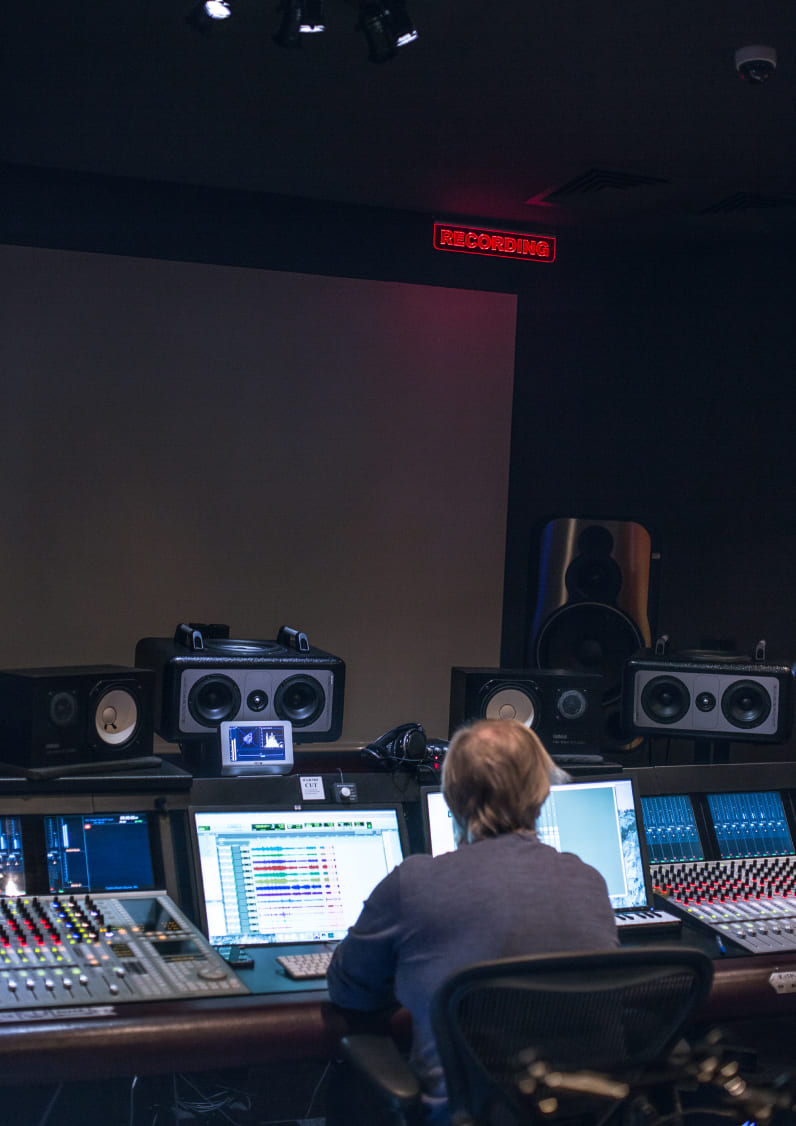The record emphasizes freedom and dialogue between instruments, drawing inspiration from the lineage of Bill Evans and the generations of pianists who followed him.
Its sound is both rooted in jazz history
and open to new expression.
A jazz trio album that continues the tradition of the piano–bass–drums format while exploring new possibilities within it.
Troika is a jazz trio album that continues the tradition of the piano–bass–drums format while exploring new possibilities within it.
The record emphasizes freedom and dialogue between instruments, drawing inspiration from the lineage of Bill Evans and the generations of pianists who followed him.
Its sound is both rooted in jazz history and open to new expression.
Within the format of the traditional jazz piano trio, musicians have been experimenting for decades with rhythmic and harmonic freedom. Unlike in other traditional jazz combos, the piano is no longer confined to the role of an accompanying instrument. The pianist is free to explore the full range of timbres, as well as unconventional harmonic and polyphonic ideas.
The role of the double bass becomes more significant: in addition to playing walking lines, the bassist contributes contrapuntal passages and engages in constant interaction with the ensemble. The drummer’s part is not simply maintaining pulse, but active rhythmic interplay that pushes the music forward. These principles were first applied by American pianist Bill Evans, and since the 1960s they have been further developed by leading pianists such as Keith Jarrett, Fred Hersch, Brad Mehldau, and Aaron Parks.
This type of ensemble interaction can be compared to a verbal dialogue, in which each participant expresses their own point of view. The result of such dialogue is the achievement of consensus, which musically often manifests itself in a return to the traditional jazz swing texture, highlighting the original dance nature of jazz.
Musicians
Igor Yakovenko (piano)
Misha Fotchenkov (drums)
Composer
Igor Yakovenko
Producer
Sergey Krasin
Victor Shestak (double bass)










